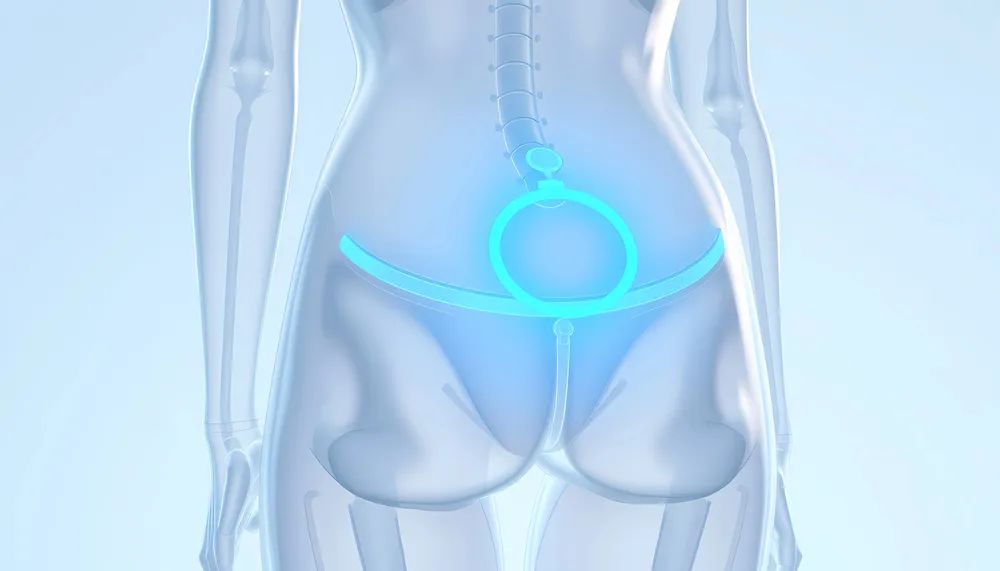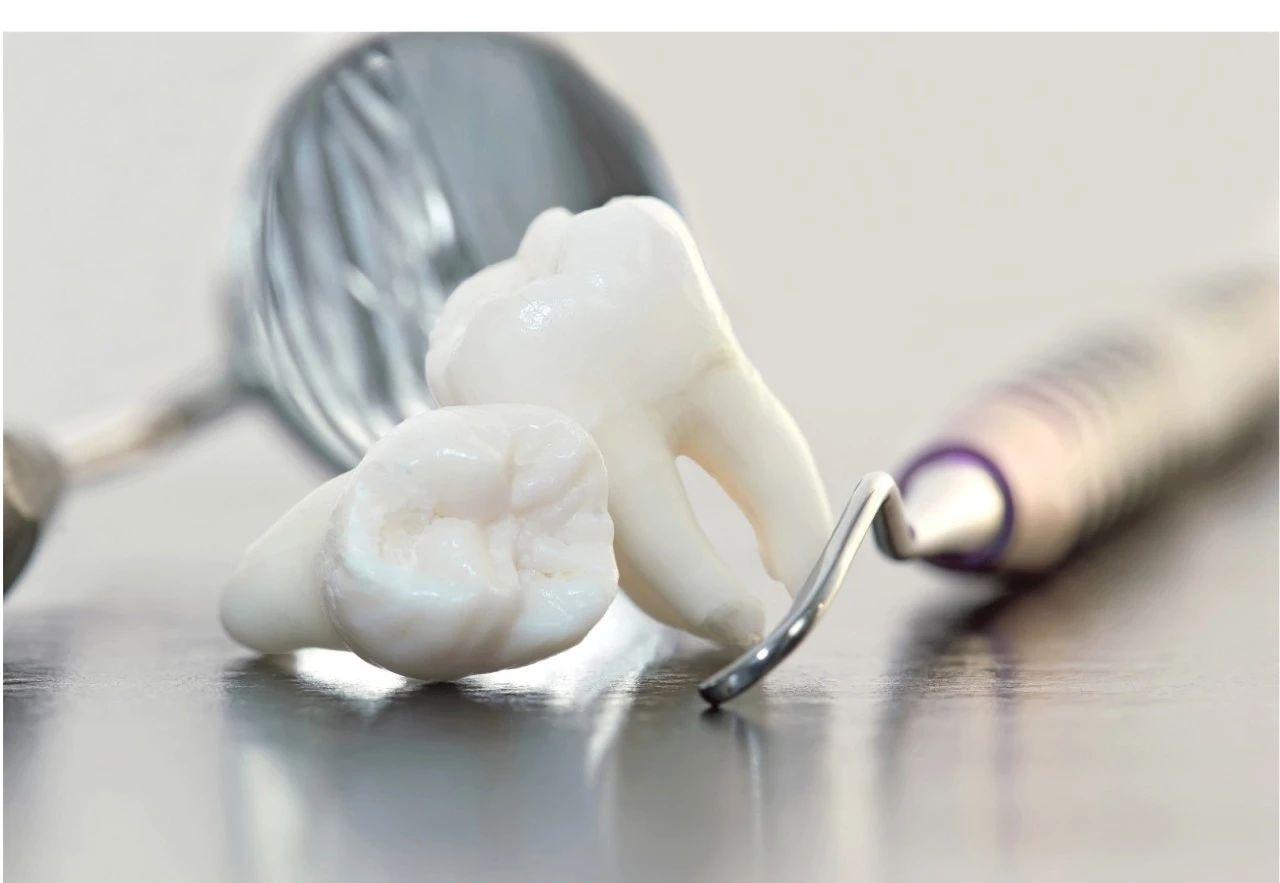7 Secrets of Women Who Age Well
2021-05-10

With ageing comes changes to your body, mind and health –
but optimizing your health and happiness in your later years may be as simple
as adopting these 7 tips.
If you’re in the majority, growing older probably sounds to
you like a negative prospect – it means the slow appearance of fine lines, the
gradual formation of love handles (and no more fitting into those size 27
jeans), the increasingly frequent aches and pains, the health issues and risks
you’ll start to face.
But growing older isn’t all that, and with the added benefit
of experience, maturity, wisdom and perspective, you are all the more capable
of living well and enjoying your life as you age.
Learn to embrace change
As you grow older, you’ll begin to observe changes. Be it in
terms of perspectives or the way you look, you’ll realize you’re not quite the
same as before anymore. And that’s okay. Some of us become uncomfortable with
ourselves because we believe we’ve got to look a certain way or be able to do
certain things in order to assert who we are.
Know that as we grow older, we’re bound to change. We will
no longer look or function the same way as we used to. Instead of being fixated
with the way you should be, learn to ease into the new you. Just because you
are different now than you used to be before doesn’t mean you are no longer
you. A new you might just bring about a whole new phase of adventures. So just
go with the flow!
Eat well
Making healthy eating a sustainable part of your lifestyle
may sound tough if you’re just starting out, but these healthy eating tips from
Mount Elizabeth Hospitals’ dietitians show how it’s really quite simple.
Women are more prone to heart disease and osteoporosis as we
grow older, so it is important we integrate foods into our diets that best
protect our bones and our hearts against potential disease.
There is evidence that plant foods – especially wholegrains,
legumes, nuts, fruits and vegetables – may decrease the risk of heart disease.
Other foods that you can consider making part of your diet is oily fish (e.g.
mackerel, sardine, tuna and salmon). They contain omega-3 fatty acids, proven
to improve blood vessel elasticity and lower blood pressure – which in turn
lowers the risk of heart disease, heart attack and stroke. Additionally, these
fatty fish provide vitamin D, a vital nutrient for bone health.
Activate positivity and gratitude
Growing old will not always be a bed of roses. While it’s
not easy to let go or make sense of upsetting situations, find a couple of
points you can take and learn from the situation, instead of struggling against
it.
Cultivating a posture of gratitude helps us feel happier, improves our relationships with people and boosts our overall quality of life. Studies have shown an association between gratitude and an individual’s well-being. Being thankful for what we have instead of focusing on what we lack may be difficult at first, but the good news is that this mental state grows stronger with use and practice.
However, if you find yourself constantly feeling
overwhelmed, worried or blue for no apparent reason, don’t hesitate to seek
professional help from a therapist. Research has shown that women are twice
more likely to suffer from depression than men. There is no shame in admitting
that things have taken a toll on you, and that you need help. Caring for your
mental health is a vital component of ageing well.
Don’t stop moving
It is now a known fact that women are more likely to suffer
from osteoporosis than men are. Osteoporosis is the degenerating of our bones,
resulting in increased fragility. It makes falling a lot scarier as it could
mean breaking our bones, which in the worst cases can be fatal. It is important
that we continue to build our muscle mass and strength by getting regular
workouts and eating a well-balanced diet.
You’ve probably heard how you should aim to work out at
least 3 times a week for 25 minutes each session. As you get older, it is
important you train both your stamina and strength. While cardio is great,
weight-bearing and resistance exercises are particularly important to improve
bone density and avoid osteoporosis in the future. Additionally, it could
reduce your risk of heart disease in the long run.
Weight-bearing exercises don’t just mean lifting weights.
Dancing, hiking, aerobics and tennis are considered weight-bearing exercises as
well! For a more low-impact workout, try elliptical training machines,
stair-step machines or walking.
Go for regular check-ups
‘Prevention is better than cure’ is always good advice, and
we’ll be all the more thankful for heeding it when we’re older. Common medical
conditions in older women include diabetes, osteoporosis, pneumonia, hearing
loss, balance issues, heart disease, etc.
Most of the medical conditions that affect women can be
screened for in your earlier years (e.g. Pap smear for cervical cancer, pelvic
exams, breast screening, bone screening, heart screening), so take that step
and go for regular check-ups. If all goes well, you’ll have a peace of mind.
But if results don’t go the way you expect, at least you could be nipping the
problem in the bud by getting treated sooner rather than later.
Stay social
Studies have found evidence for the importance of social
relationships on health and survival rates in women. Having meaningful
relationships and a strong social network helps to protect your brain
functions. A lack of relationships and social connections, on the other hand,
is associated with depression, greater cognitive decline in later years and
increased mortality – one study found that it increases the risk of premature
death from all causes by a whopping 50%. This means that not having strong
social ties is almost as damaging to our health as smoking up to 15 cigarettes
a day, and even more harmful than obesity and physical inactivity.
So prioritize time with family and friends, build your
relationships, find hobbies you can do with others – remember that staying
socially active doesn’t just make life more meaningful and enjoyable, but have
far-reaching benefits on our health.
Keep working your brain
The increasing number of older people developing dementia
means it is crucial we learn to keep our brains healthy.
Simple lifestyle changes help to make a difference –
exercising and stimulating our brains an help to build up cognitive reserve, a
buffer that delays deterioration in our brain. Find hobbies that keep your
brain engaged and stimulated. Learn a language, play an instrument, go dancing,
take a course, go hiking, play board games – your choices are endless!
For more information or to make an appointment, contact our
Appointment Service Center at 400.819.6622.
Copyright: Health Plus an online health and wellness web
resource developed by Parkway Singapore
References
www.health.harvard.edu/newsletter_article/in-praise-of-gratitude
www.health.harvard.edu/womens-health/women-and-depression
What
Health Issues or Conditions Affect Women Differently than Men?, National
Institute of Health
www.webmd.com/osteoporosis
www.health.harvard.edu/newsletter_article/the-health-benefits-of-strong-relationships
www.alz.org.sg/about-dementia/statistics





























